Last Saturday, May 11, we had the privilege and pleasure of attending the annual TEDxBoca Raton event at the Boca Raton Innovation Center, a legendary building that saw the IBM PC come to life and change the world for ever.
Now, it is time for another technology to come to that venerable edifice in South Florida and make history once again. 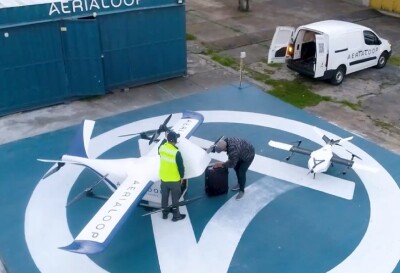 This time in the form of a brilliant presentation by Pedro Meneses, CEO of Aerialoop, one of the largest and most successful drone delivery companies in the world.
This time in the form of a brilliant presentation by Pedro Meneses, CEO of Aerialoop, one of the largest and most successful drone delivery companies in the world.
As part of a ten-presentation event, Pedro was last, but not least, as he riveted the audience with his stories of finding inspiration in the Galapagos to dedicate his life to the pursuit of cleaner ways to deliver packages and perform important daily tasks. His initial drone design allowed authorities to catch shark poachers in the important Ecuadorian archipelago.
TED talks are unique in their uniformity of format and delivery style, and Pedro found a way to transform a very technical message into one focused on family and saving the planet. His young son was in the audience, and you could see in his face the pride of being part of Pedro personal journey.
Aerialoop first caught our attention two years ago, in April 2022, when we reported on their efforts to solve the middle mile conundrum and allow other ground companies to handle the first and last mile on the delivery chain.
Now, two years later Pedro has secured alliances with some of the largest ground distribution companies in Latin America to make sure that packages in complicated geographies arrive on time and under budget.
Some important Latin American cities are located in deep valleys where traversing from one side to the other is the bottleneck, not the origin or the destination. Aerialoop saw this reality early on and designed an aircraft and a distribution network based on portable airports or vertiports that could be moved to strategic locations on both sides of the troughs and serve as the site where the packages transition from ground to air modes and vice versa.
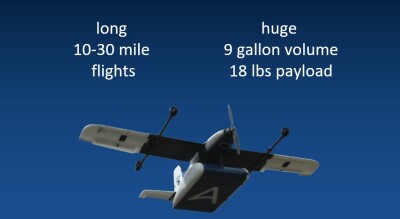 Once the proof of concept was certified as correct, Pedro needed a large ground distribution partner that understood the importance of saving valuable minutes in the middle mile. He found it in Servientrega—Latin America's largest courier company. The size of their operations is staggering: 57 million deliveries per year, with 60,000 daily deliveries in Quito alone.
Once the proof of concept was certified as correct, Pedro needed a large ground distribution partner that understood the importance of saving valuable minutes in the middle mile. He found it in Servientrega—Latin America's largest courier company. The size of their operations is staggering: 57 million deliveries per year, with 60,000 daily deliveries in Quito alone.
“While their logistics systems were optimized for next-day deliveries across the city, the explosion of e-commerce was shifting expectations toward next-hour deliveries, creating the need for a huge increase in direct-to-consumer couriers on the streets. Creating a negative vicious cycle between instant delivery expectations, increased cost, and more traffic,” Pedro said in his presentation. “This insight made us understand our required scale. To have a meaningful impact, we needed to fly around 15,000 packages a day in all weather conditions. This means 5,000 flights a day, averaging three orders per flight. For perspective, Miami Airport, one of the busiest, handles only about 800 flights a day.”
Comparisons with crewed aviation statistics are a very valuable tool that allow us to put in perspective the impact that uncrewed aviation will have in aerial operations worldwide.
“With over 22,000 flights already completed, we are rapidly scaling from hundreds to thousands of flights a day. Now recognized as the country's largest airline by number of daily flights, our operations are beyond a proof of concept—they are a proof of impact,” Pedro said to the riveted audience.
In order to evaluate this impact, Pedro went directly to the source of measurements to gauge how a technology is affecting the environment, negatively or positively, the United Nations.
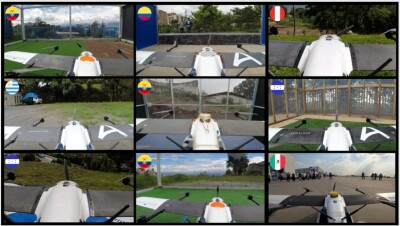 “We are already measuring real-world benefits by reducing congestion and emissions, while improving delivery times. Drone logistics contribute directly to meeting 3 Sustainable Development Goals, from the United Nations. Trucks, cars and even motorcycles emit a staggering amount of CO2 annually, with our electric autonomous drones—we are slashing emissions to practically zero!” Pedro said.
“We are already measuring real-world benefits by reducing congestion and emissions, while improving delivery times. Drone logistics contribute directly to meeting 3 Sustainable Development Goals, from the United Nations. Trucks, cars and even motorcycles emit a staggering amount of CO2 annually, with our electric autonomous drones—we are slashing emissions to practically zero!” Pedro said.
“Drone delivery is already amongst us. Having a practical role in middle-mile city logistics, integrating seamlessly with existing last mile delivery services. Becoming the backbone of a positive e-commerce revolution. With the support of local operators and visionary city leaders, most cities can shift towards greater efficiency, lower emissions, and less traffic, transforming our neighborhoods into spaces designed for people, not just for commerce. I believe that we owe it to our children to leave them with cities that are better than the ones we inherited. THANK YOU,” Pedro concluded to a standing ovation.
When we measure the potential impact of drones in terms of reducing pollution and helping the planet heal from decades of neglect, I personally get goose bumps to be part of such a meritorious industry and celebrate that now this presentation will be available to millions in the YouTube version of Pedro’s TEDx Talk. We look forward to watching it again and promoting it endlessly.


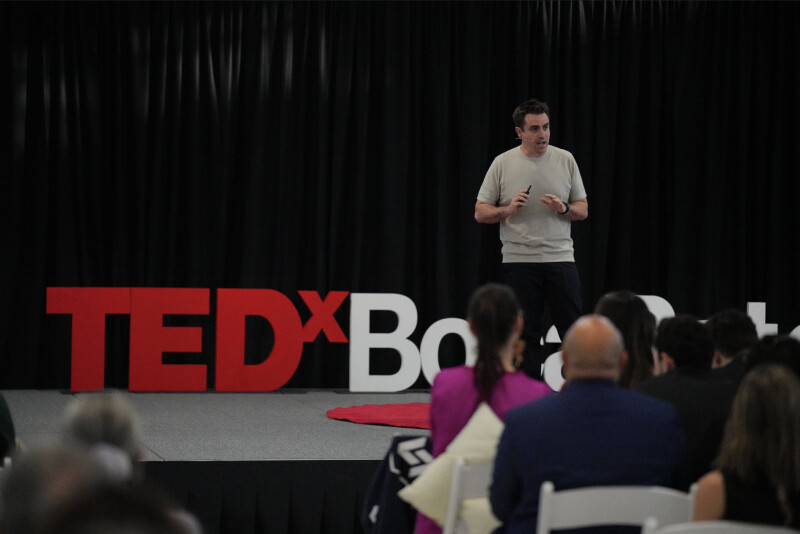

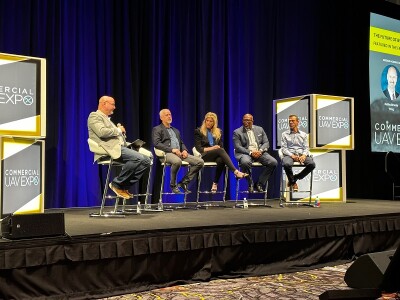
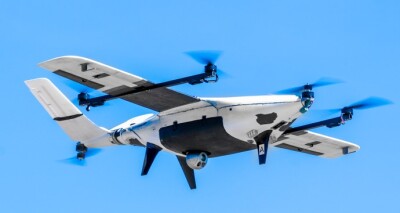
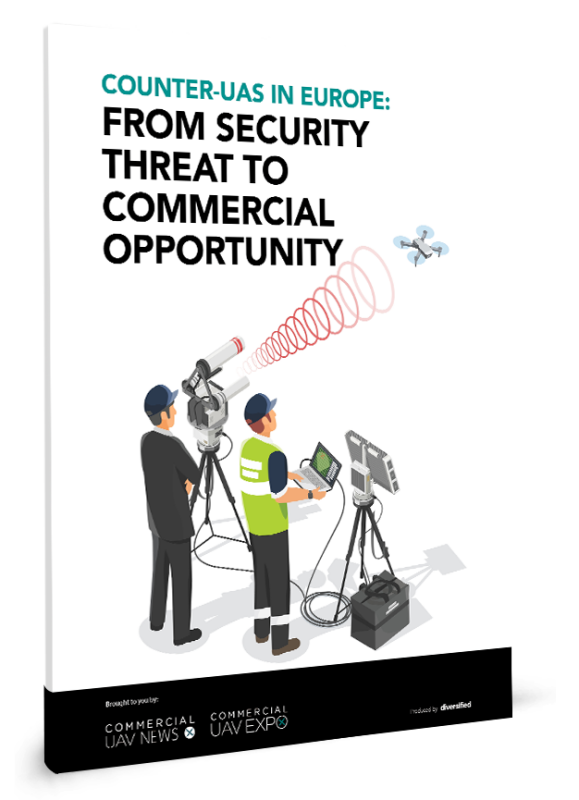







Comments